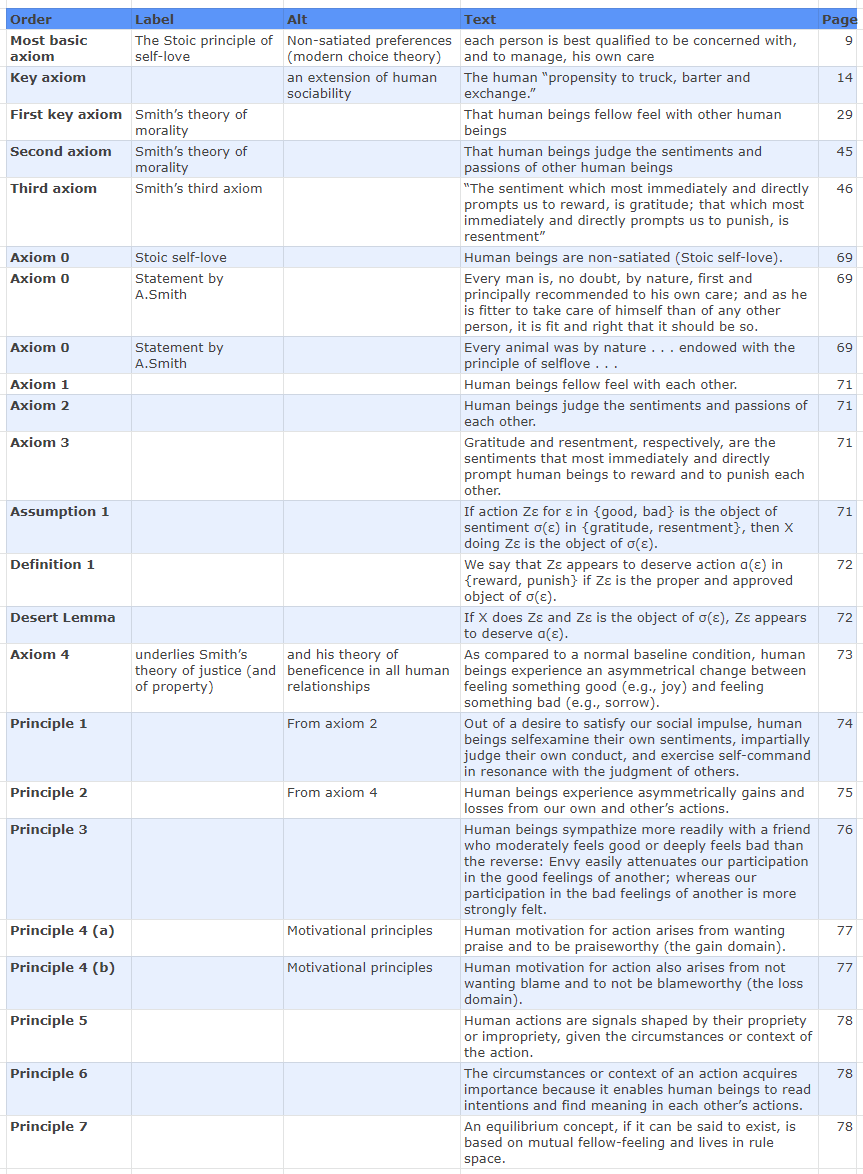Jane Jacobs is better know by her book "The Death and Life of Great American Cities" but Systems of Survival is her masterpiece on morality.
Different from her previous work Systems of Survival is written as a dialogue which is interesting in itself. Each character represent a different point of view and together they develop, through a series of socratic dialogues and research, a moral system that answers the initial quest of a systemic thinking about morality in practical working life.
Jacobs calls these frameworks syndrome not as a type of illness but "it comes from the Greek, meaning 'things that run together'. We customarily use it to mean a group of symptoms that characterize a given condition." In other words these systems represent a whole set of precepts to address how people solve their living problems.
"My hypothesis is that we have two contradictory ways of getting a living; therefore we have two contradictory moral syndromes, one to suit each way and its derivatives."
"I've come to think of the two moral syndromes as survival systems, worked out by long experience of with trading, on the one hand, and taking on the other"
These syndromes are the Guardian and the Commercial
| Moral Precepts | |
|---|---|
| Guardian Syndrome | Commercial Syndrome |
|
|
For Jacobs both systems or syndromes are natural and needed. However they can be corrupted by crossing the boundaries that separate them. Through a historic analysis the characters uncover these two syndromes, how the corruption made them fail and how has societies kept them separated. Historically, to keep the two syndromes confined and moral integrity, we either use a cast regime or a rational moral flexibility. The group lean for an imperfect moral flexibility over the cast system.
"If it is true we're the only creatures with two fundamentally different ways of getting a living, it follows that to be as fully human as we can be, we should all be capable of using our two syndromes well. They belong to all of us because we are human, no other reason."
"Every normal person the world over is inherently capable of both trading and taking..... But knowing when it's appropriate to use the one or the other approach, trading or taking, and how to do it properly - those things are culturally learned, mostly by imitation and practice."
Jane Jacobs' conclusions of Systems of Survival is that "the guardian-commercial symbiosis that combats force, fraud, and unconscionable greed in commerce life - and simultaneously impels guardians to respect private plans, private property, and personal rights. ... Perhaps we have a useful definition of civilization: reasonably workable guardian-commercial symbiosis"





